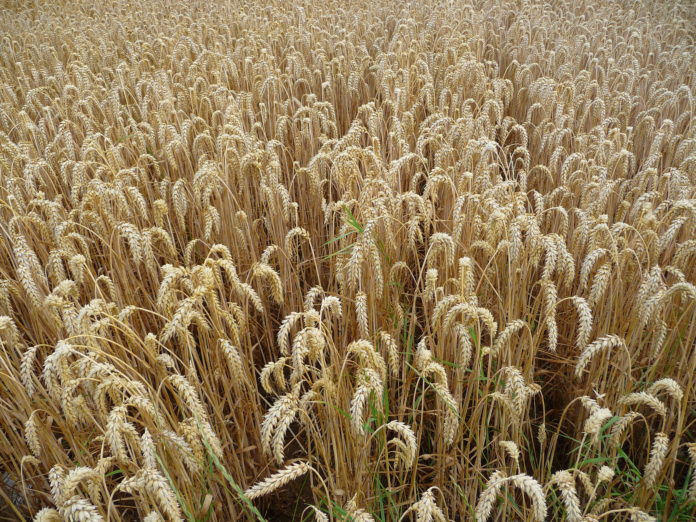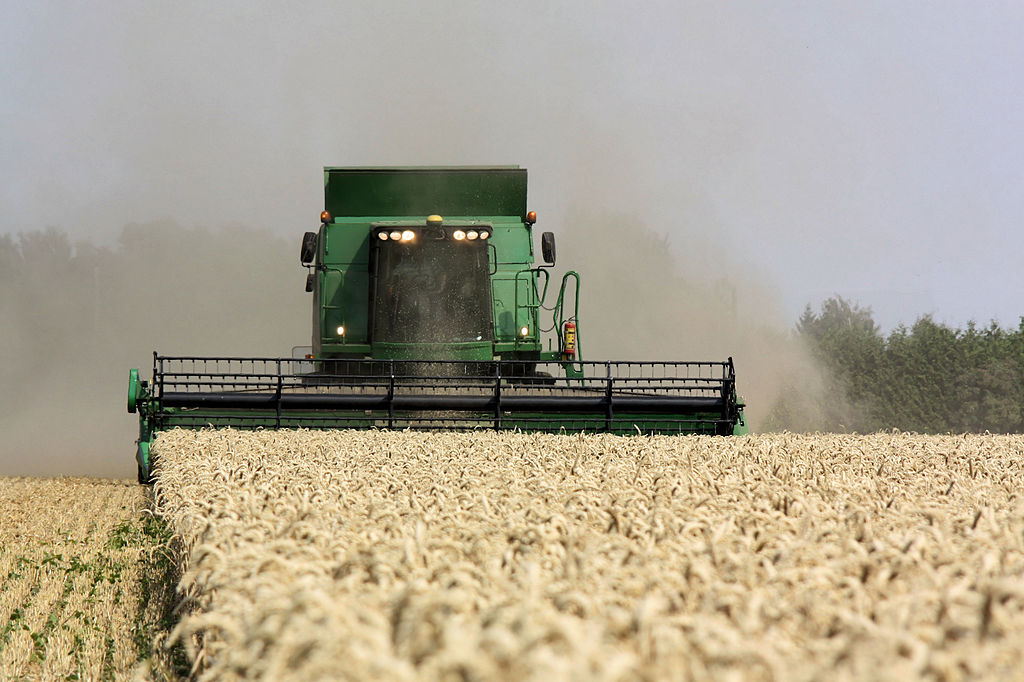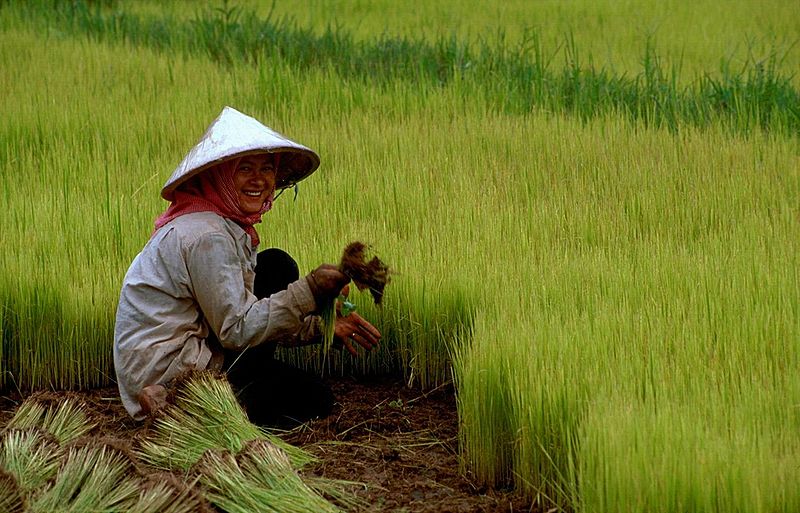
Rising CO2 levels in the atmosphere will cause nutrition levels to drop in important staple global crops, according to a study published in Nature.
With the planets steadily growing population, many scientist are now focusing their research on the worlds food supply and how climate change will affect our crops. The two main components of a harvest are the crops yield and its nutritional value. Unfortunately, the majority of the time, much of the focus is placed around the crops yields rather than their nutritional value.
According to the study, written by Samuel Myers of Harvard University and colleagues, as CO2 levels increase over the coming decades, nutrition levels— particularly zinc and iron— within wheat, rice and beans are going to drop. However, the study also suggested that crop yields may increase, a theory which has sparked many debates between scientists.

In contrast to these findings a recent study, published in the journal Global Change Biology earlier this year, found that as the carbon dioxide levels in the atmosphere increase, the concentration of nitrogen in plants decreases , ultimately decreasing the plant’s protein levels and growth ability.
“For all types of ecosystem the results show that high carbon dioxide levels can impede plants’ ability to absorb nitrogen, and that this negative effect is partly why raised carbon dioxide has a marginal or non-existent effect on growth in many ecosystems,” Johan Uddling, senior lecturer at the Department of Biological and Environmental Sciences at the University of Gothenburg and lead researcher on the project, said in a press statement.
For Myers’s study, the team placed CO2 jet around test plots, creating growing conditions of CO2 levels upwards of 500 parts per million. Currently, the world’s atmospheric CO2 level is 400 parts per million of carbon dioxide. Within this future environment the grains and legumes contained between 5 and 10 percent less iron, zinc and protein. “Given that an estimated 2 billion people suffer from zinc and iron deficiencies…. the reduction in these nutrients represents the most significant health threat ever shown to be associated with climate change,” according to a Harvard press release.
Globally, 2 billion people suffer from zinc and iron deficiencies, “amounting to the loss of 63 million life-years annually,” according to the study led by the Harvard School of Public Health. Iron deficiency can cause anemia — which according to the World Health Organization contributes to 20 percent of maternal deaths—and zinc deficiency can cause a higher susceptibility to infectious diseases due to its effects on the immune system.

Today, “in countries that rely on rice, which is naturally low in iron and zinc, as a staple crop,” these nutrient deficiencies are already more pronounced. According to the study’s findings, some varieties of rice grown in the future-climate test plots saw less of a drop in nutrients compared to others. Researchers and plant breeders have therefore taken on the task of developing varieties of rice which would be less sensitive to our future-climate by using the data collected within the study. Although some of these efforts have shown some success, none have been without setbacks.
Image Credit: Weizenfeld Wikimedia Commons
This Article (Increasing CO2 Levels Reduce Nutrition Levels In Crops) is free and open source. You have permission to republish this article under a Creative Commons license with attribution to the author and AnonHQ.com.




